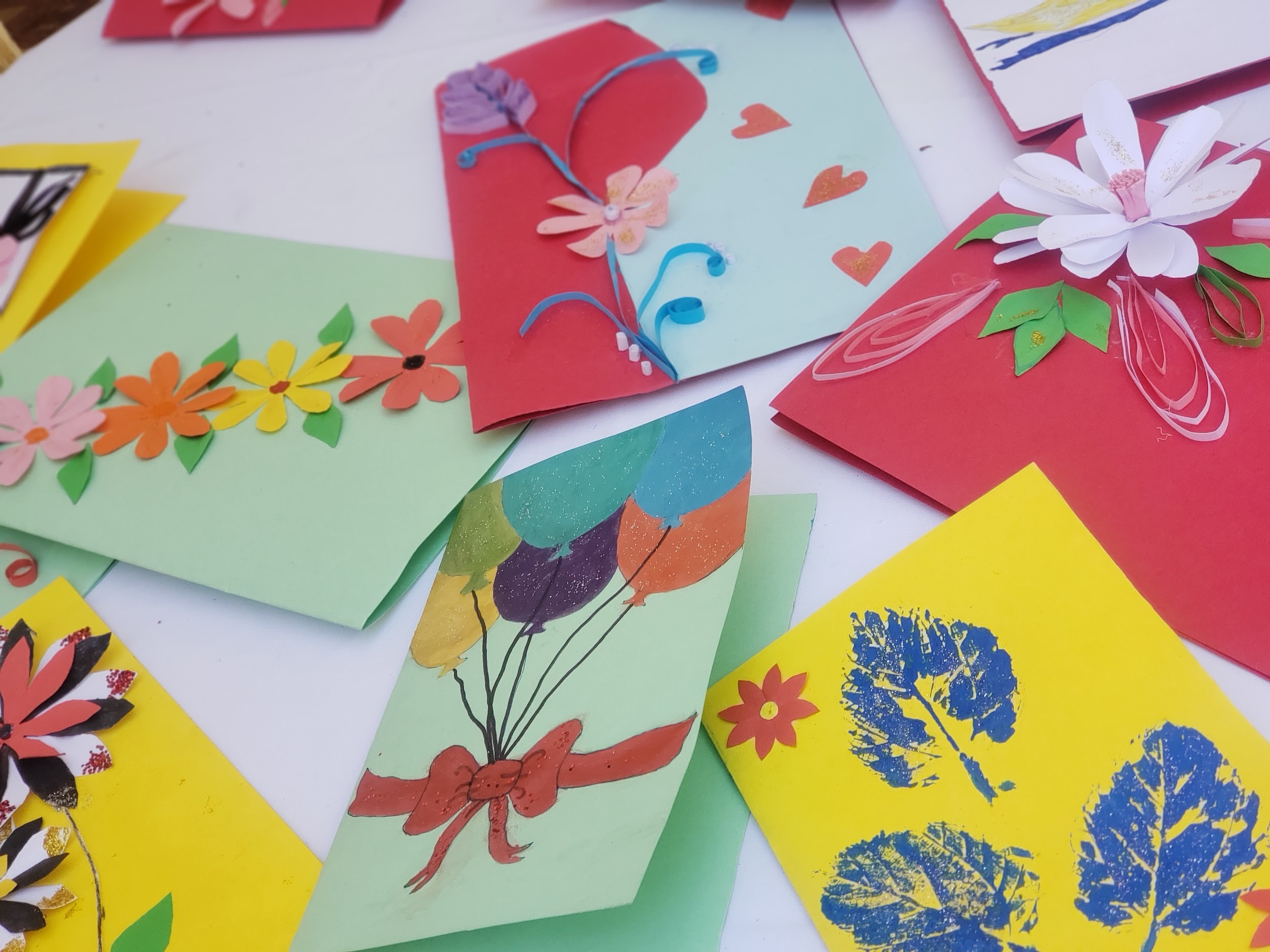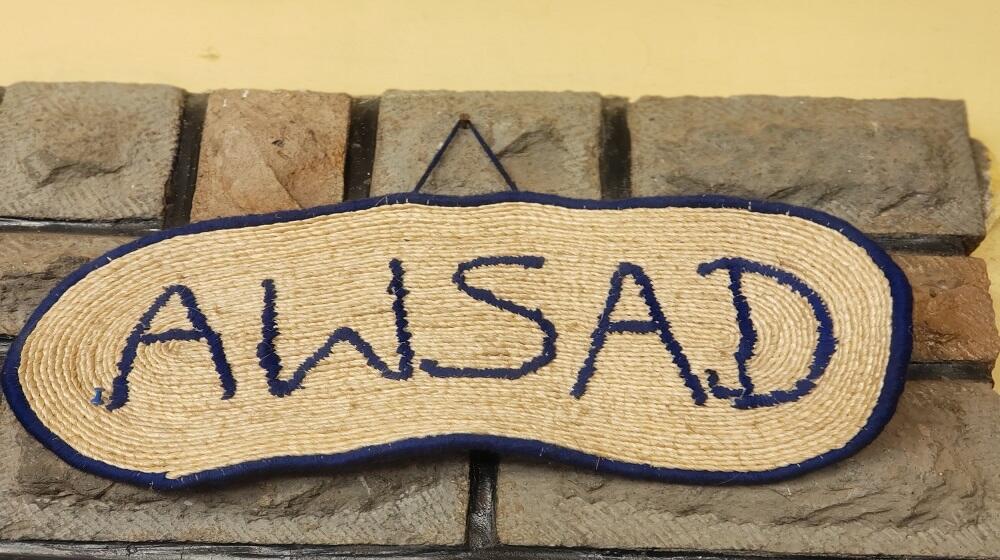Hanna* was only 5 when her mother passed away. When she turned 13, ten years back, her older brother promised to look after her and send her to school. She moved with him to Ethiopia’s capital, Addis Ababa, from the Amhara region.
Living with him, however, was a life-shattering experience for Hanna. "I was repeatedly raped and beaten by him. I had many abortions as a result. He alienated me and told people that I am bad so he had to keep me in the house," she said.
The violence had continued for years, and when people got suspicious, he moved around. "We lived in many places," she said.
When Hanna finally told neighbors what was happening to her, they were shocked. "He kept telling me no one would believe me. When the neighbors believed me, I was shocked. I didn't expect help. I spoke because I had nothing to lose and had suicidal thoughts" she said.
Hanna had nowhere to go. ''I wanted to go somewhere he couldn't find me '' she said.
A Safe Haven for GBV survivors
"When I arrived at the safe house, I thought I was beyond repair”, explains Hanna when her neighbors and police brought her to the Safe House run by the Association for Women Sanctuary and Development (AWSAD) in Addis Ababa.
In 2006, AWSAD, with support from UNFPA, established the safe house to provide holistic transitional women-only shelter for survivors. The shelter provides counseling, medical and legal aid, skills training, and full accommodation to support the long-term rehabilitation and reintegration of survivors into their communities.

The safe house is being supported as part of UNFPA’s programme funded by the Government of Canada on preventing and responding to Sexual and Gender Based Violence.
“It took me three years of medical and psychological support to start getting back on my feet. Knowing that people cared, gave me a reason to try to recover my life back. I was also with women and young girls with similar stories. I was not alone", Hanna said.
“Essential services for survivors of violence are a lifeline. Safe Houses are, in most cases, the only place where survivors can find safety, and treatment and open a new chapter in their lives,” affirms Tinos Kebede Tekleyes, UNFPA Ethiopia’s GBV Programme Officer.
In addition to medical care and counseling, the skills training at the Safe House has opened a new door for Hanna. She was always interested in fashion and design, and the safe house facilitated training. "I moved out of the safe house, rented a place, and I was in control of my life for the first time. That was healing for me, knowing that I can make it on my own.''
Expanding emergency safe shelter for survivors in Ethiopia
UNFPA, with support from the government of Canada currently provides comprehensive support to 8 safe houses across the country and is working to strengthen service provision for survivors of violence. Every house can accommodate up to 50 women and their children at a time.
Through the support UNFPA is providing to the safe houses, referral services are being provided to help survivors access sexual and reproductive health services. UNFPA is also providing support to one-stop centres, which are availing an integrated medico-legal services and women’s and girls’ safe spaces across conflict-affected regions.
Hanna is now married and a mother of two boys. "I owe this safe house so much,''' she says.
She decided to repay by supporting the safe house to open its training center for hairdressing and makeup. The AWSAD safe house in Addis Ababa and Adama currently provides skills training in their compounds, where survivors feel safe and protected. "I consider it my responsibility to support young girls who went through violence and might be in a very dark place as I was,'' Hanna says. She adds, "I want them to see me as an inspiration, to be courageous and not let the perpetrators win. We might not be as normal as people who were raised in safer environments but we can come close. That's the message I want to send to them,"
*Name has been changed for protection and safety reasons.


